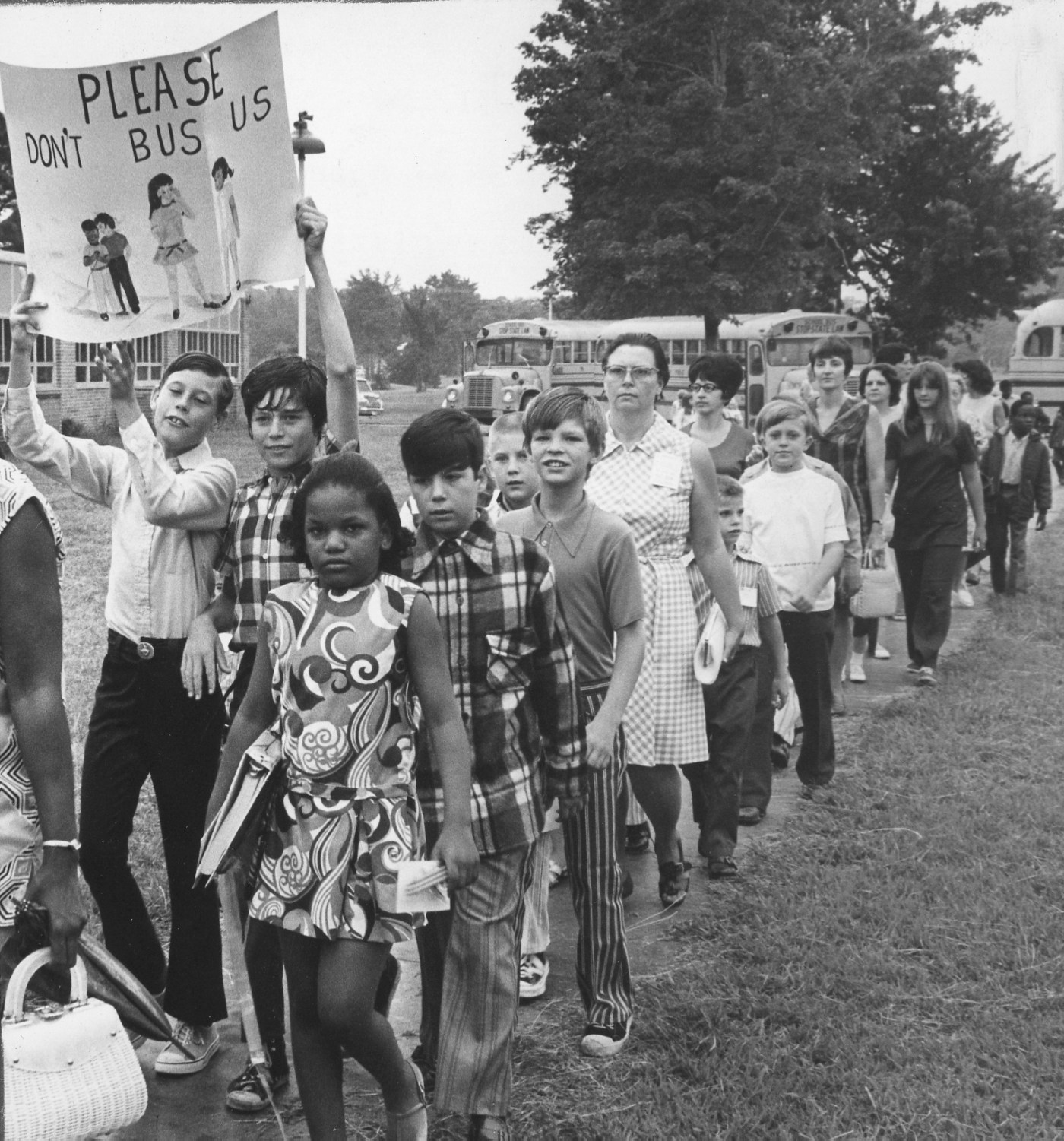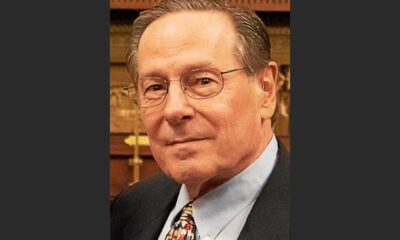Lifestyle
Hampton Honors Pioneering Educators in Desegregation Efforts

In a significant reflection on the history of education in Hampton, Virginia, the contributions of 26 teachers who played a crucial role in the desegregation of public schools are gaining recognition. Despite the Supreme Court’s ruling in the landmark case of Brown vs. Board of Education in 1954, southern states, including Virginia, resisted integration for years. It was not until the mid-1960s that meaningful steps towards desegregation began to unfold, with Hampton taking a unique approach under the leadership of Hunter B. Andrews.
Hampton, notable for being the first free school district in America, maintained its public school system during a period when many southern cities opted to close theirs. In 1956, Virginia’s decision to shutter public schools lasted for five years as a means to uphold segregation. This created an environment of tension and hostility for students of color, who faced significant challenges when entering predominantly white schools.
Beginning in the 1965-66 school term, Hampton initiated a desegregation plan that sought to integrate both students and faculty. The strategy involved selecting volunteer “pioneers” from both Black and white teacher demographics. Unfortunately, initial efforts yielded no white teachers willing to participate, leaving only 26 teachers of color to take on this vital task. Each of these educators was assigned to one of the city’s 13 schools, where they prepared to navigate the complexities of a changing educational landscape.
Despite their significant contributions, identifying these pioneering teachers has proven difficult. Efforts to locate their names through the city and school board have thus far been unsuccessful. Their legacy as trailblazers in Hampton’s educational history deserves recognition, not only for their bravery in the face of adversity but also for their role in fostering a more equitable school environment for future generations.
In a related discussion, community voices have echoed concerns regarding local political actions. Nancy Williams, a resident of Hampton, voiced her views on various local issues, including the recent vote by Congresswoman Jen Kiggans to retract funding from WHRO Public Broadcasting. This station, a vital resource for the Tidewater community, has played an essential role in highlighting regional issues, including the impacts of climate change on the Eastern Shore. Williams criticized Kiggans’ decision, calling it heartless and urging her to engage more with constituents on matters affecting their quality of life.
The legacy of the 26 teachers, alongside ongoing community discussions about local governance and support for public resources, illustrates the continuing evolution of social justice and education in Hampton. As the city reflects on its history, the recognition of these early pioneers stands as a testament to the enduring struggle for equality in education.
-

 Science2 weeks ago
Science2 weeks agoNostradamus’ 2026 Predictions: Star Death and Dark Events Loom
-

 Technology1 month ago
Technology1 month agoOpenAI to Implement Age Verification for ChatGPT by December 2025
-

 Technology6 months ago
Technology6 months agoDiscover the Top 10 Calorie Counting Apps of 2025
-

 Health4 months ago
Health4 months agoBella Hadid Shares Health Update After Treatment for Lyme Disease
-

 Health4 months ago
Health4 months agoAnalysts Project Stronger Growth for Apple’s iPhone 17 Lineup
-

 Health4 months ago
Health4 months agoErin Bates Shares Recovery Update Following Sepsis Complications
-

 Technology4 months ago
Technology4 months agoElectric Moto Influencer Surronster Arrested in Tijuana
-

 Technology5 months ago
Technology5 months agoDiscover How to Reverse Image Search Using ChatGPT Effortlessly
-

 Technology6 months ago
Technology6 months agoMeta Initiates $60B AI Data Center Expansion, Starting in Ohio
-

 Technology6 months ago
Technology6 months agoRecovering a Suspended TikTok Account: A Step-by-Step Guide
-

 Education4 months ago
Education4 months agoHarvard Secures Court Victory Over Federal Funding Cuts
-

 Technology2 months ago
Technology2 months agoDiscover 2025’s Top GPUs for Exceptional 4K Gaming Performance





















